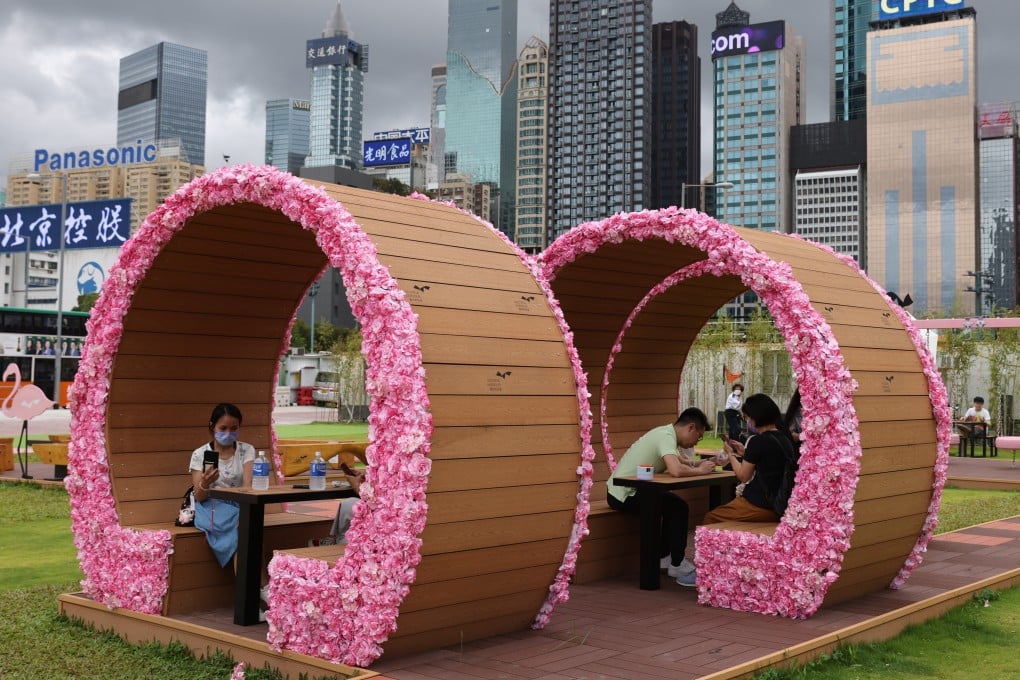Opinion | How urban design can help Hong Kong overcome the trauma of Covid-19 and social unrest
- Many places in the city are now linked to trauma and loss, affecting mental health and the sense of belonging. Urban design can help reverse that

Hong Kong has experienced a disorientating few years that have affected how people relate to each other and the city. One impact that is sometimes overlooked is how people’s relationship with a place affects their mental health and well-being.
The importance of the link between how we feel about our environment and how we feel more generally cannot be overstated. “Place” is the canvas onto which we project our personal and shared memories and expectations.
Our neighbourhoods brim with personal landmarks: the cafe where we meet friends, the venue in which we got married, the roads we crossed every day taking our child to school, or going to our first place of work, and the spots where we said goodbye to our loved ones.
These memories paint our city canvas with meaningful and familiar personal landmarks, creating a map of trust and belonging.
But when this canvas becomes the site of traumatic events, our maps can become disrupted. Everyday places may lose their sense of familiarity. Personal landmarks might be imbued with new and distressing memories.
As a result, people may experience disconnection and distrust with places that once felt like home. They may lose the ability to reliably differentiate between safe and threatening. This can create a sense of dislocation and vulnerability.


